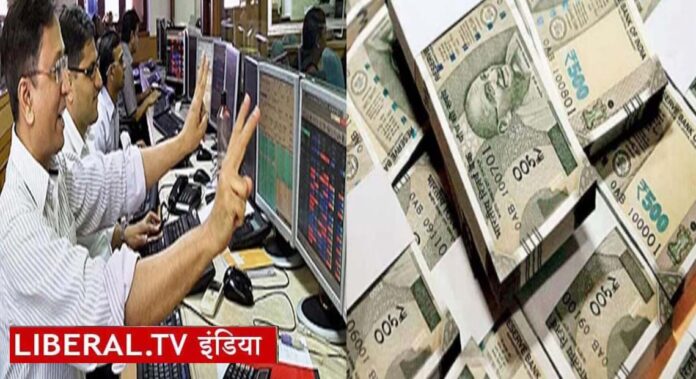Retail inflation in India has shown signs of easing, dropping to 4.31% in January 2025, according to data released by the Ministry of Statistics and Programme Implementation on February 12. This slowdown in inflation was primarily attributed to a reduction in food prices, which had been a key driver of inflation in recent months. The January 2025 Consumer Price Index (CPI) was lower than the 4.53% figure predicted by economists in the CNBC-TV18 Poll, signaling a better-than-expected performance for the month.
In comparison, retail inflation stood at 5.22% in December 2024 and at 5.1% during the same month in the previous year, January 2024. The drop in inflation is seen as a positive sign for the Indian economy, indicating some relief from rising prices, particularly in essential sectors like food, which has a significant weight in the CPI calculation. The moderation in food prices helped offset price hikes in other sectors, contributing to the overall deceleration in inflation.
The Reserve Bank of India (RBI) closely monitors the CPI data as part of its mandate to manage inflation within a targeted range. The government has tasked the RBI with ensuring that retail inflation stays around 4%, with a tolerance band of 2% on either side, meaning inflation is considered acceptable if it falls between 2% and 6%. This target is part of the broader monetary policy framework that the RBI uses to guide its decision-making in setting interest rates and managing liquidity in the economy.
The central bank’s role is crucial in maintaining price stability in the country, and the CPI data plays a pivotal role in shaping its bi-monthly monetary policy. Inflation levels directly influence consumer spending, business investments, and overall economic growth. By targeting a steady and moderate inflation rate, the RBI aims to create a stable economic environment conducive to growth while preventing runaway price increases that can harm household budgets and erode purchasing power.
As inflation moderates, the RBI will likely take this into account when formulating its upcoming monetary policy decisions, weighing the trade-offs between fostering economic growth and keeping inflation in check. If inflation continues to trend downward, there may be room for more accommodative monetary policies, potentially benefiting borrowers and stimulating economic activity. However, the RBI will remain vigilant to any signs of inflationary pressures and adjust its policies accordingly to maintain long-term price stability.



